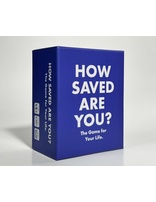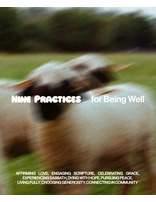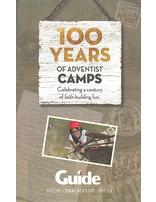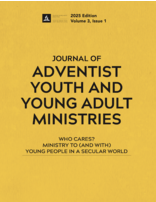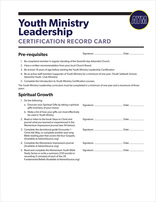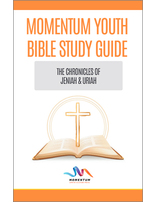 Answer: Listening to a Christian radio station can be a good thing to do while you’re traveling in the car. It sounds like you were listening to a
Answer: Listening to a Christian radio station can be a good thing to do while you’re traveling in the car. It sounds like you were listening to a sermon or talk, probably by a local pastor or a better-known pastor that sends sermons and talks to a lot of Christian radio stations.
If you visit other churches, you’ll hear a variety of speakers, just like you’ll hear a variety of speakers on Christian radio stations. Most radio preachers are Protestants who believe that Jesus is the way to salvation; the New Testament is for Christians and the Old Testament is for Jews; when Christians die, they go straight to heaven; and when Jesus comes, there will be a secret rapture, as in the “Left Behind” fictional stories.
I don’t know about you, but I believe some of the same things as these preachers. I also disagree with some of their beliefs. Do you believe everything that most radio preachers believe? I hope not!
My guess is that you believe what the Bible says, and the radio preacher believes what the Bible says. But how you understand the Bible, and how the radio preacher understands the Bible, might be different.
Shocking news: you shouldn’t believe everything a radio preacher says, and the same is true for TV preachers, or the preacher at your own church! You shouldn’t believe everything you read in this book, either!
As you get older it’s important to investigate issues for yourself, seeking God’s guidance before coming to a personal decision on those issues. When a radio preacher or someone else uses a term such as “biblical truth,” it leads people who are pro-Bible and pro-truth to swallow whatever comes next. It’s sort of like when a person says, “I’m not saying this; God is!” Watch out for people like that. They are susceptible to making God say whatever they want to emphasize.
Okay, back to your question. Why don’t we—Seventh-day Adventists—believe in the “biblical truth” of hell? We do!
Just like there are several words for “love” in the Bible (agape, phileo, eros), there are several words for “hell” in the Bible. Here they are from the Old Testament (Hebrew) and the New Testament (Greek).
Sheol in the Old Testament and Hades in the New Testament are usually translated as “hell” or “grave” or “death,” depending on which translation you choose. Examples can be found in places such as Genesis 42:38; Psalm 9:17;1 Kings 2:6; Revelation 1:18. It’s what happens when a person dies, whether that person is righteous or wicked (see Genesis 37:35; Numbers 16:30, 33; Matthew 11:23).
The Hebrew location “the Valley of Ben Hinnom” (Joshua 18:16 or Jeremiah 7:31, 32) gets translated as “Gehenna” in the New Testament (see Matthew 5:22, 29, 30 or James 3:6). This was the garbage dump outside of Jerusalem, and it was usually burning. It was where you got rid of stuff that you never wanted again. We would call it a fire pit or incinerator nowadays. This was the place where the Israelites sacrificed their children to the heathen god Molech, which met with major disapproval from God (2 Chronicles 28:3-5; 33:6).
There’s one more word for “hell” in the Bible: Tartarus. It’s found only once in the Bible in 2 Peter 2:4. It was thought to be someplace below the grave. It’s not surprising that Peter used this term as someplace worse than death, since it was seen as a place where Satan’s angels were sent when they were cast out of heaven.
All of us are headed for “hell,” meaning “death,” until Jesus returns. When Jesus returns, He will resurrect the righteous (1 Thessalonians 4:16, 17). And those who haven’t received the gift of eternal life will “perish” in “hell” or “Gehenna,” “the lake of fire,” at the end or the world—a thousand years after Jesus comes to earth and takes the righteous to heaven (John 3:16; Revelation 20:13-15).
That’s the truth. Check it out.


